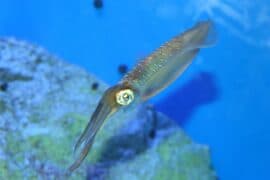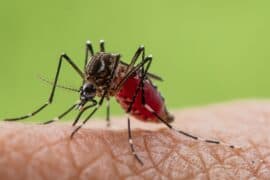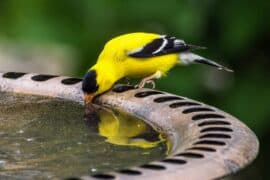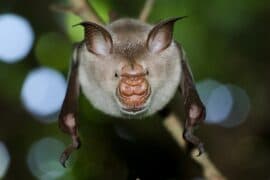Pea clam
(Pisidium supinum)
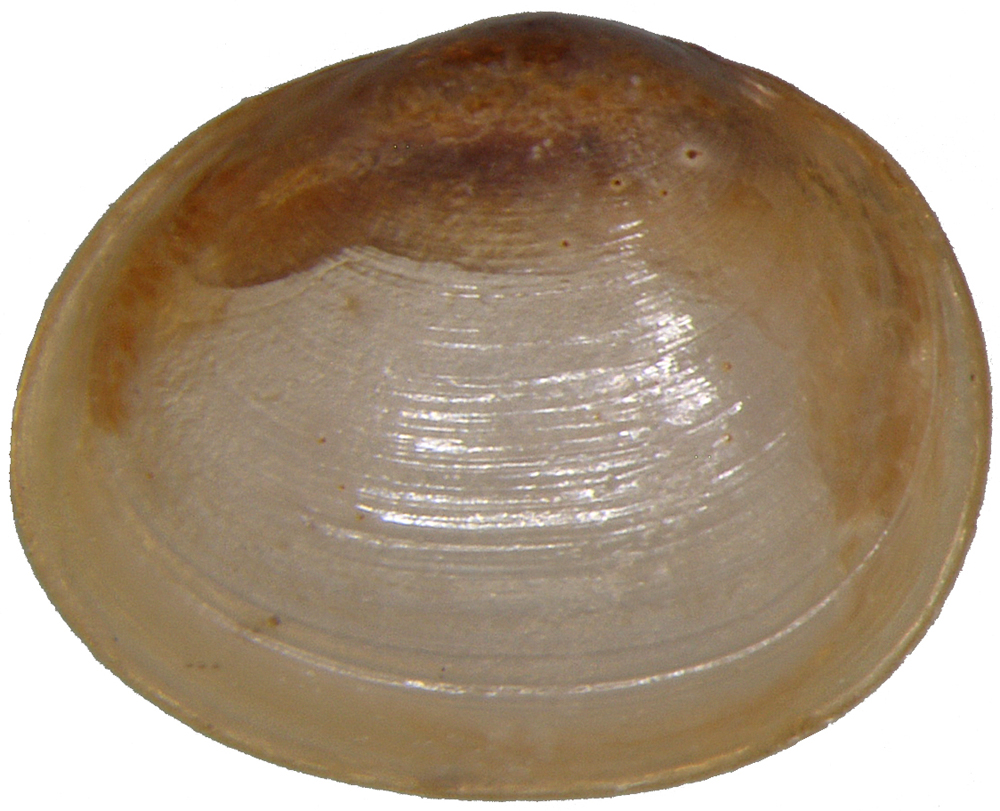
Description
Pisidium supinum is a species of minute freshwater clam, a pea clam, an aquatic bivalve mollusc in the family Sphaeriidae (the fingernail clams and pea clams.) The shell of this species is 3 to 5 mm in size, and is roughly triangular in shape. Pisidium is a genus of very small or minute freshwater clams known as pill clams or pea clams, aquatic bivalve molluscs in the family Sphaeriidae, the pea clams and fingernail clams. In some bivalve classification systems, the family Sphaeriidae is referred to as Pisidiidae, and occasionally Pisidium species are grouped in a subfamily known as Pisidiinae. In large enough quantities, the minute shells of these bivalves can affect environmental conditions, and this change in conditions can positively affect the ability of organic remains in the immediate environment to fossilize (one aspect of taphonomy). For example, in the Dinosaur Park Formation, the fossil remains of hadrosaur eggshells are rare. This is because the breakdown of tannins from the local coniferous vegetation caused the ancient waters to be acidic, and therefore usually eggshell fragments dissolved in the water before they had a chance to be fossilized. Hadrosaur eggshell fragments are however present in two microfossil sites in the area. Both of these sites are dominated by preserved shells of invertebrate life, primarily shells of pisidiids. The slow dissolution of these minute bivalve shells released calcium carbonate into the water, raising the water's pH high enough that it prevented the hadrosaur eggshell fragments from dissolving before they could be fossilized.
Taxonomic tree:


